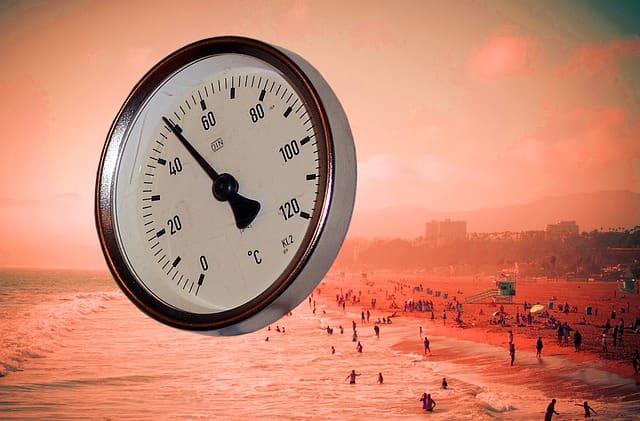Nuku’alofa, Tonga (AFP) – Low-lying Pacific state Tuvalu on Monday urged emissions-belching nations to stump up for the rising costs of climate damage, saying: “If you pollute, you should pay”.
“We really need to ensure that we continue to push for action from countries that are the most polluting,” climate minister Maina Talia told AFP on the sidelines of a Pacific islands summit.
“Polluter pays should be on the table.”
The Pacific Islands Forum — the region’s top summit — opened Monday in the Kingdom of Tonga, drawing global attention to the region’s climate plight.
“We cannot address climate change without addressing the root cause, which is the fossil fuel industry,” Talia said.
“It’s disaster after disaster, and we are losing the capacity to rebuild, to withstand another cyclone or another flood.”
With an average height of less than three metres above sea level, the coral atolls of Tuvalu are severely threatened by even moderate rises in sea levels.
“We should not turn a blind eye to climate change, and the issue of rising seas,” Talia said.
“We should make sure that the most polluting countries should continue to support not just Tuvalu, but other low-lying countries.”
sft/arb/tym
© Agence France-Presse
Featured image credit: wirestock | Freepik.com




